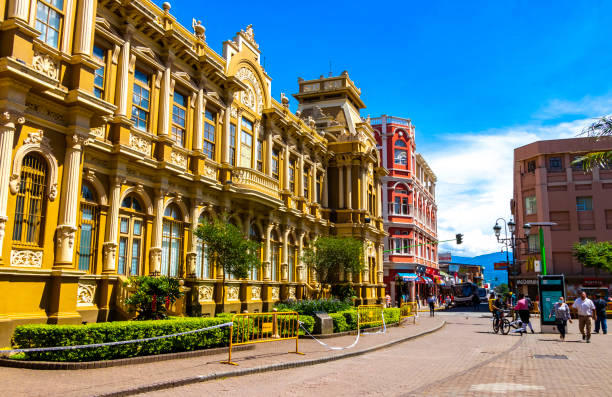At Wymoo, a common request we receive is to confirm the real ownership of property all over the world, including Costa Rica. Frequently, real estate is not registered in an individual’s name but through a corporate entity. These structures are perfectly legal and often serve legitimate purposes like estate planning or asset protection.
The problem arises when transparency is lost. Buyers, lenders, and even law firms may find themselves unsure of who actually owns the property or whether there are hidden risks involved. Without careful verification, you could face disputes, legal complications, or even fraud.
Why verifying ownership through shell entities is critical
Shell entities provide privacy for property owners, but they also create obstacles for anyone who needs to know the real decision-makers behind the asset. In Costa Rica, property can change hands many times, and entities can be sold or restructured without obvious public notice. That’s why international buyers and investors often turn to professional investigators in Costa Rica like Wymoo to obtain reliable and verifiable information.
What a proper investigation should include
When verifying property ownership, the investigation must go beyond the surface. Here are the essential areas that a professional due diligence check should cover:
| Investigation focus | Why it matters |
| Registry confirmation | Confirms that the property exists in official records and is legally registered. |
| Corporate records review | Identifies the entity that holds the title and verifies its legal standing. |
| Beneficial ownership search | Determines the true individuals who control or benefit from the property. |
| Notarial and deed verification | Validates the chain of ownership and ensures documents are authentic. |
| Cross-border checks if applicable | Necessary when entities are connected to offshore jurisdictions. |
This process ensures a complete picture of who owns the property, how it is structured, and whether the asset is free from encumbrances.
Common challenges and red flags
Uncovering true ownership in Costa Rica is not always straightforward. Some entities rely on nominee directors or shareholders, which can disguise the real individuals behind the company. In other cases, the shell may be registered in jurisdictions with strict secrecy laws, making it more difficult to obtain reliable information.
Older companies may never have been required to file details of their ultimate beneficial owners, leaving gaps in transparency. Investigators sometimes encounter inconsistencies in the corporate or property records—such as mismatched addresses or irregular amendments—that raise questions about the legitimacy of the structure.
In more complex cases, multiple layers of shell companies are used to obscure ownership, requiring deeper analysis. Each of these red flags signals the need for a careful and professional approach before moving forward with any purchase or agreement.
Practical advice for buyers and investors
If you are considering buying or financing property in Costa Rica, take these steps to protect yourself:
- Include transparency requirements in your contracts, compelling sellers to disclose beneficial owners.
- Use escrow or conditional payments until verification is complete.
- Work with trusted local investigative partners who understand Costa Rican law and registry systems.
- Keep detailed records of your international due diligence for future reference.
Final thoughts
Verifying property ownership held through shell entities in Costa Rica is not a formality—it is a necessity. The use of corporate structures may be common, but without the right verification process, they can hide critical risks. With Wymoo’s professional investigation services, clients can uncover the truth, avoid costly mistakes, and move forward with confidence.
For additional background on Costa Rican property law and registration, see this useful guide on buying and selling real estate in Costa Rica.
C. Wright
© Copyright Wymoo International. All Rights Reserved. This content is the property of Wymoo International, LLC and is protected by the United States of America and international copyright laws. Wymoo® is a registered trademark.




